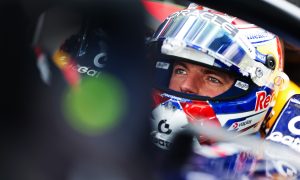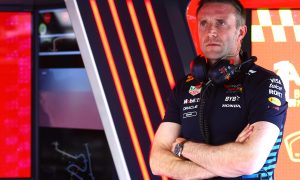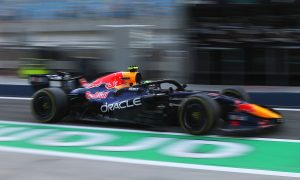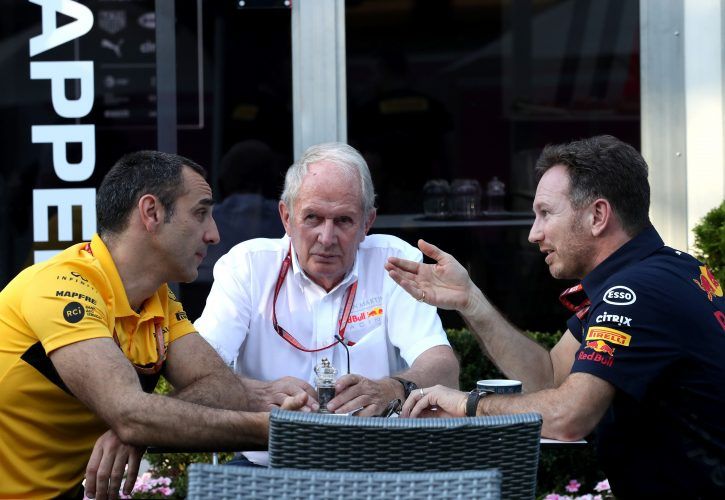
Renault F1 boss says that Red Bull Racing has become the prosperous team that it is thanks in large part to the French manufacturer's contribution.
Red Bull and Renault's partnership lasted twelve years and yielded four consecutive driver and constructor titles but the relationship eventually dissolved on the back of the manufacturer's difficulties in mastering F1's hybrid engine technology.
The collaboration was terminated at the end of 2018, after a season during which both parties flung criticism at the other.
In Baku, Abiteboul was asked to comment recent revelations by Red Bull technical director Adrian Newey, who admitted that his team's public criticism of its partner was part of a game plan to force it to improve its performance.
"One thing we can give credit to Christian and Red Bull is that they are fantastic at communication strategy," said Abiteboul.
"Communication is part of this world, it's part of Formula 1, it's part of your strategy and your tactics.
"It's not the first team and it's not the last team to use all the weaponry of this world, and frankly you guys [the media], to influence what is going on.
"I was reading yesterday that Max [Verstappen] is happy to take an engine penalty. Amazing!
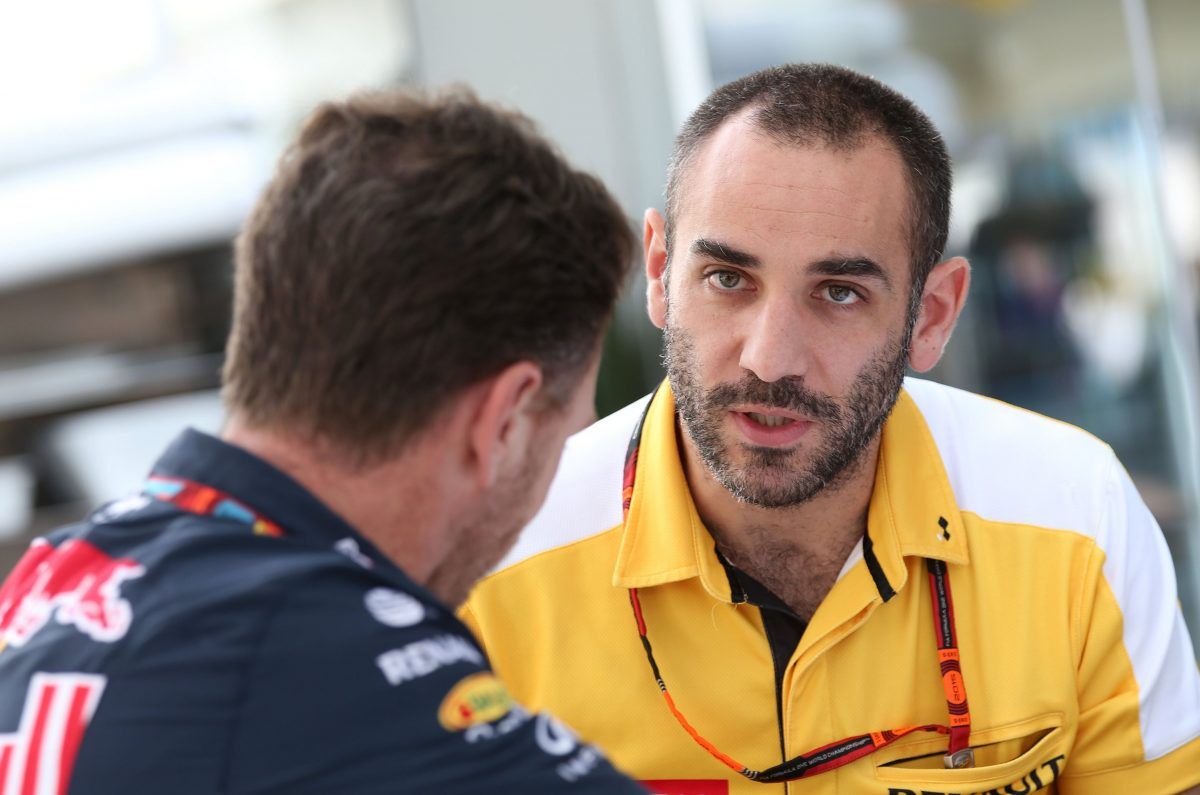
©WRI
"That's part of this world, but I don't want to lose sight of the fact, and I would concur with Christian in relation to that, that our engine was not at the required level in 2014 and 2015.
"There are mitigating circumstances. You know, we were extremely happy and Renault has contributed to making Red Bull what it is today by winning four championships in a row.
"From a financial perspective with sponsors, from a technology perspective with talent, recruitment, Red Bull is what it is today thanks also to Renault."
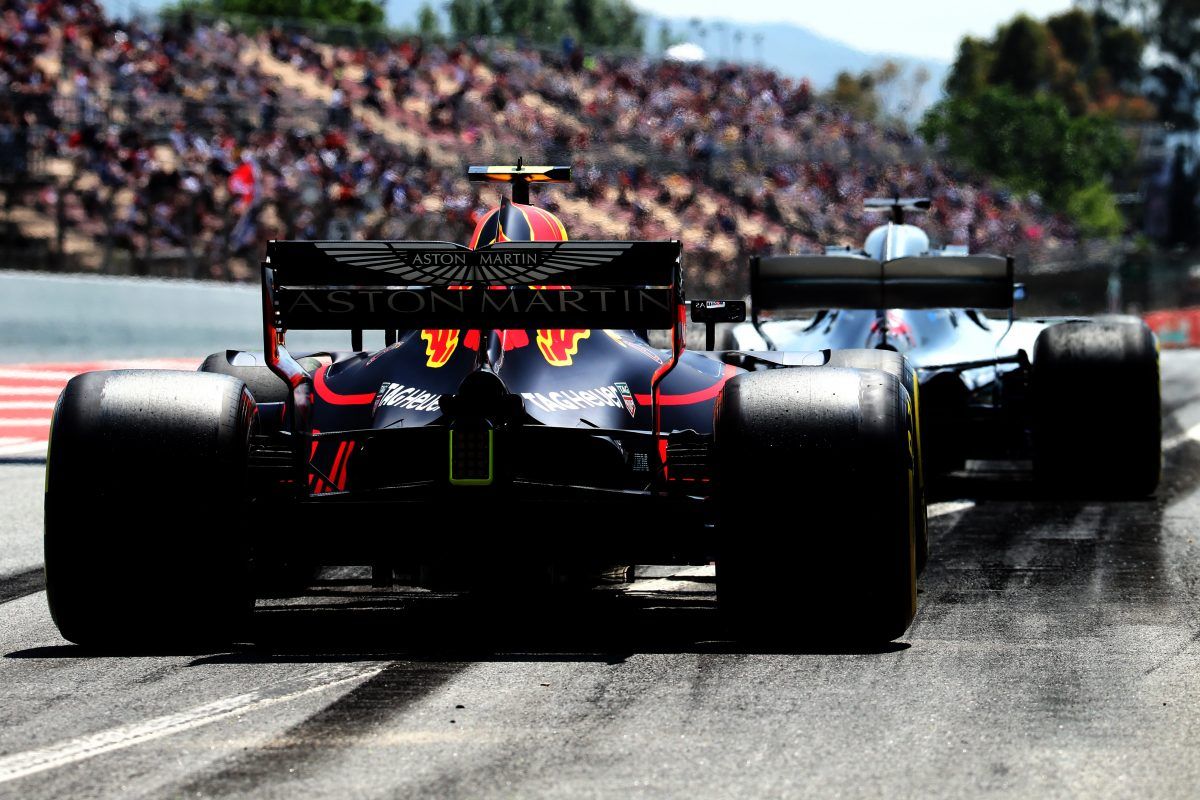
Red Bull team boss Christian Horner acknowledged the strategic nature of Red Bull's faultfinding of its partner, and justified the reasons behind.
"We'd had several conversations, we'd been to Paris, we'd seen [former Renault CEO] Carlos Ghosn, we'd presented what our concerns were," said Horner.
"By 2015, when the engine was arguably worse than it was in '14, then frustration boiled over to the point that it was like, 'OK, if we are more open about what our frustrations are, maybe it will force a reaction'.
"Cyril came back into the full brunt of it. It was one of things that you try every mechanism that you can to try to generate competitiveness.
"At that time it was felt that maybe Renault couldn't possibly afford the embarrassment of these engines not being competitive and not being reliable and not delivering. Unfortunately it didn't work."
Gallery: The beautiful wives and girlfriends of F1 drivers
Keep up to date with all the F1 news via Facebook and Twitter




